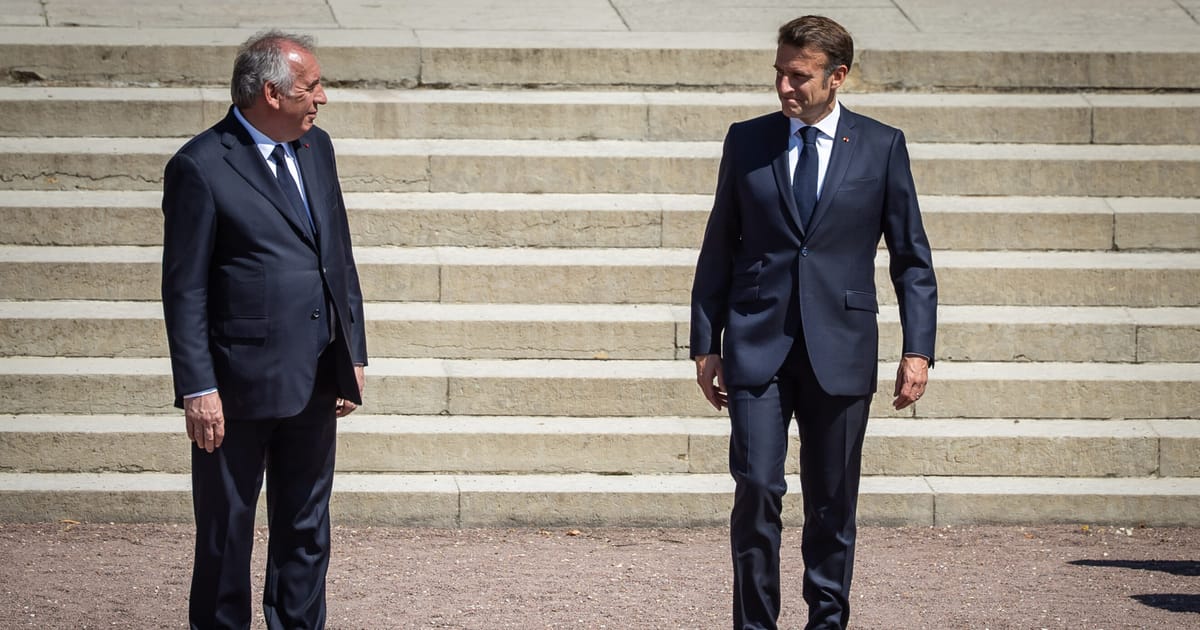Though President Emmanuel Macron commended Bayrou for his insistence “on the importance of reaching an agreement” in comments to reporters during a visit to Norway, optimism appears in short supply back in Paris.
Yvan Ricordeau, who represented the CFDT — one of France’s two largest unions — at the conclave, said late Monday that “there won’t be an agreement” after industry representatives refused to budge on some key union demands, like allowing earlier retirement for those with harsher working conditions or physically demanding jobs.
Patrick Martin, president of the Medef, reiterated in an interview Tuesday morning the stance from industry representatives that any changes to the 2023 reform should not involve too much extra spending for employers. Labor representatives have pushed for employers to contribute more to pension funds to help keep them solvent and, potentially, bring the retirement age back down to 62 after the law passed two years ago raised it to 64 for most workers.
Bayrou launched the conclave at the outset of his premiership to see if trade unions and industry representatives could find avenues to modify the reform, which remains deeply unpopular. While France’s unions unanimously opposed the reform, the business community was generally more supportive of the legislation, which was pushed through using a constitutional maneuver that allowed the government to bypass a vote.
The talks gave Bayrou some leeway with the the center-left Socialist Party, which refrained from voting to topple his minority government for as long as the process was underway. But with negotiations now on the verge of collapse, the Socialists are signaling that their patience may have run out.
Party leader Olivier Faure said in an interview Tuesday that the Socialists will “move toward” censuring Bayrou’s government if the conclave fails and the prime minister does not in turn allow lawmakers to propose their own changes to the pension reform — including a return to the previous minimum retirement age.
